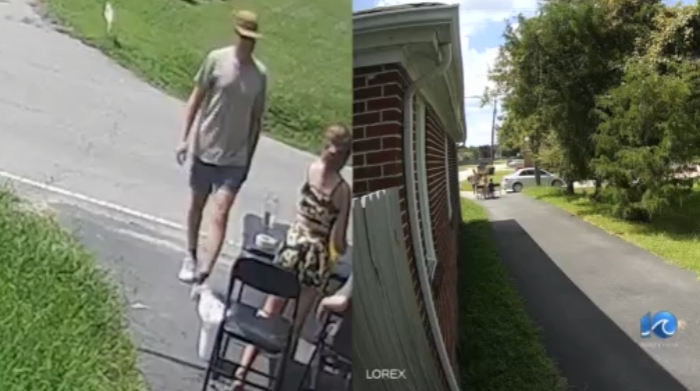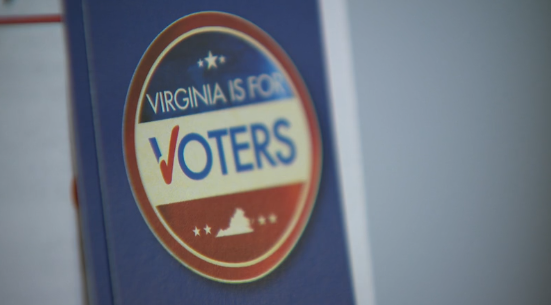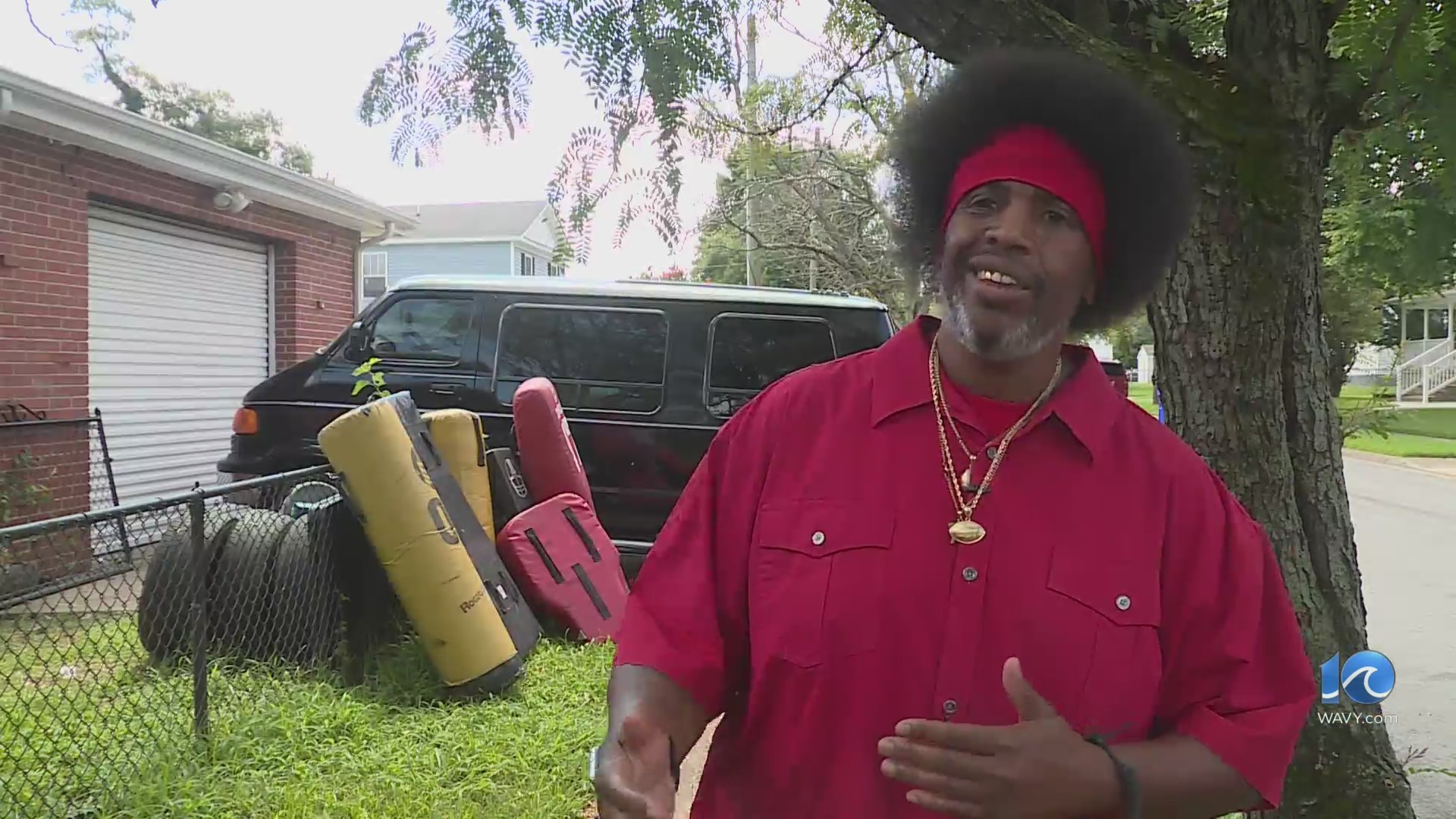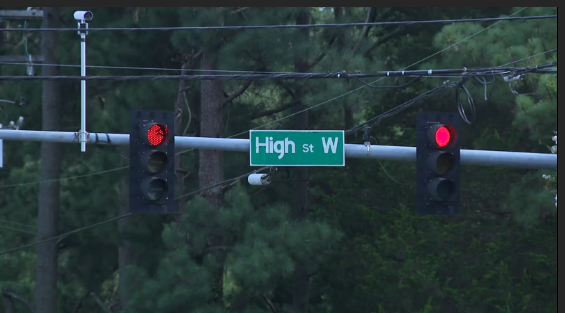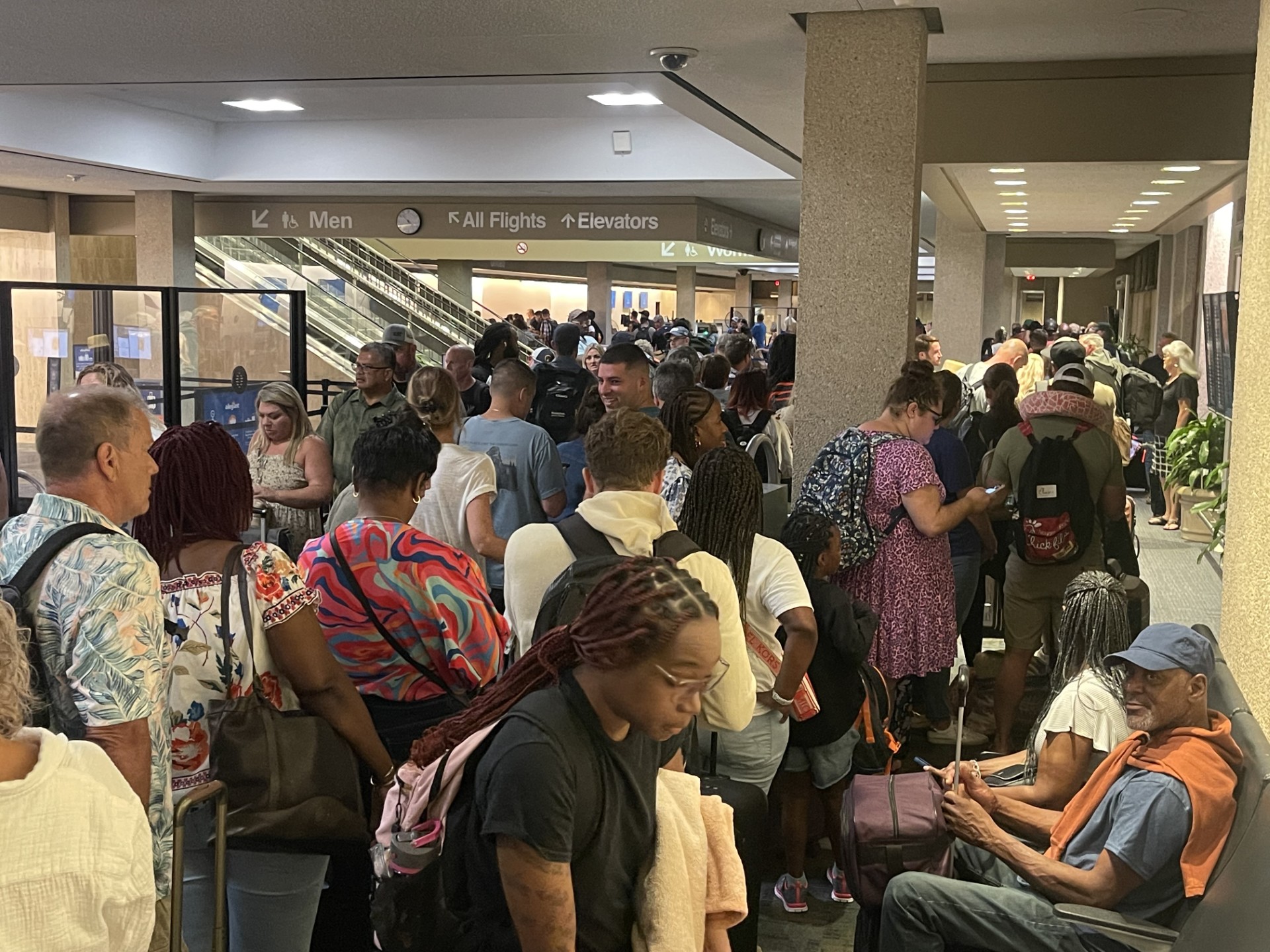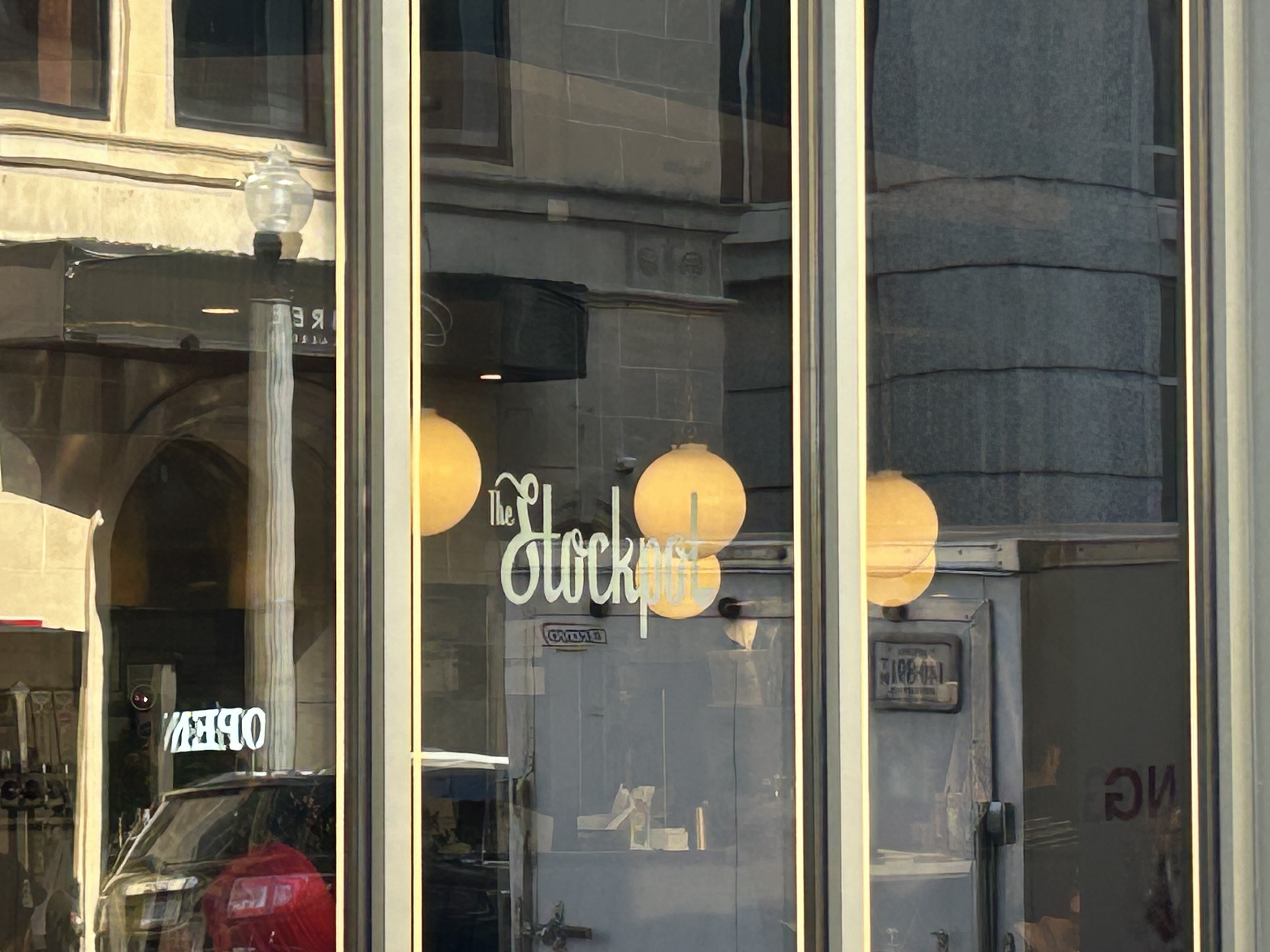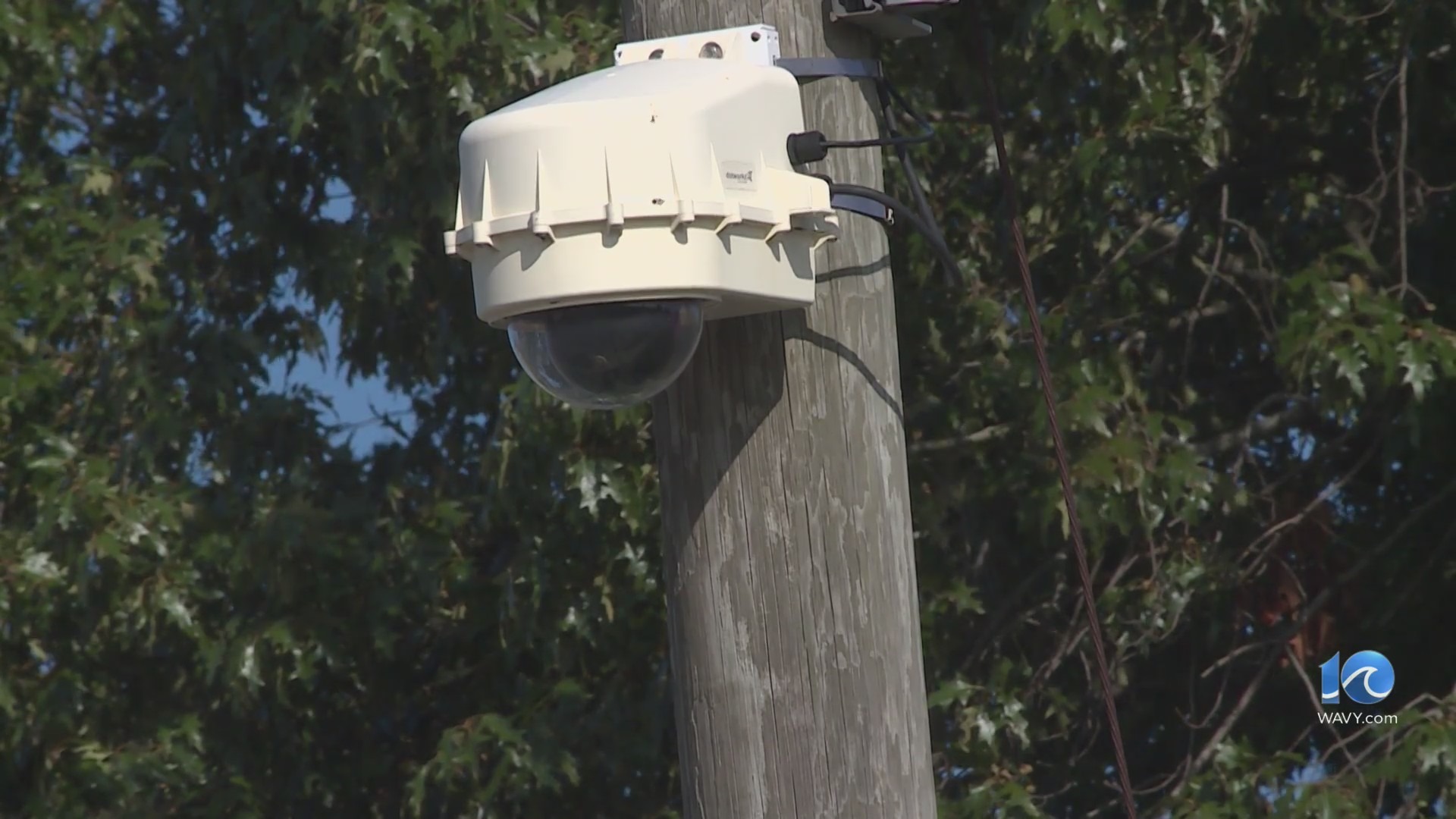NORFOLK, Va. (WAVY) – The soldiers returning from World War II were given a helping hand under the sweeping GI bill that was signed into law in 1944. Veterans were offered low-interest loans to buy homes for their families.
Over the years that wealth was passed along to future generations. But for many Black soldiers, the only things they passed along to loved ones were war stories. That was the case for Dr. Antipas Harris, whose grandfather was a proud Navy man named Jack Amos Parks.
Dr. Antipas Harris is the founder of the Urban Renewal Center in Norfolk. He first learned of this Navy town by way of stories his grandfather shared about being assigned to Norfolk and his time at sea in the Pacific.
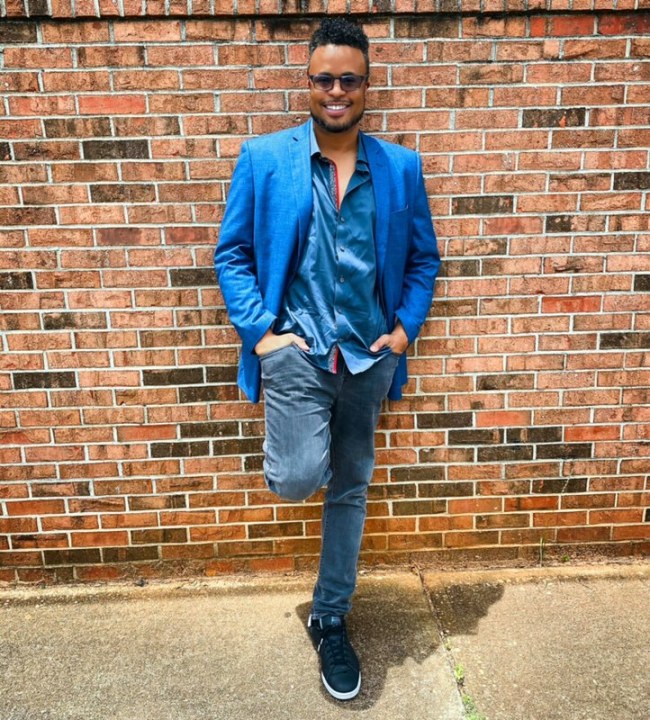
After comparing notes with relatives, Harris, a native of Warm Springs, Georgia, shared an interesting bit of family finance history.
“My grandfather never got a loan or any kind of support with funding a home. He borrowed money from my grandmother’s mom. She had money; she sold moonshine. She had a small insurance policy that she cashed in and she gave him money to build his own house with his friends for his (seven) kids,” said Harris with a chuckle.
The home that his grandfather built was a shack, Harris said, and he lived in that home until shortly before he died in 2008. Jack Amos Parks worked his entire life; he died broke, but he was not alone, according to Harris.
Over the years researchers have documented how the wide-sweeping GI Bill was used to offer a helping hand, mostly to White veterans. GI Bill benefits were distributed by local banks, which often figured out ways to deny loans to Black veterans.
As a consequence of the post-World War II racist practices, White veterans were able to establish generational wealth while generational poverty created a constellation of health, education, mental health, crime and other issues for Black families.
A bill to right that wrong is back before Congress. Democrats James Clyburn of South Carolina and Seth Moulton, a veteran from Massachusetts, are the sponsors. With a $70 billion price tag, it failed two years ago. In a statement issued Tuesday, Clyburn said the bill offers the nation an opportunity to stand by its word.
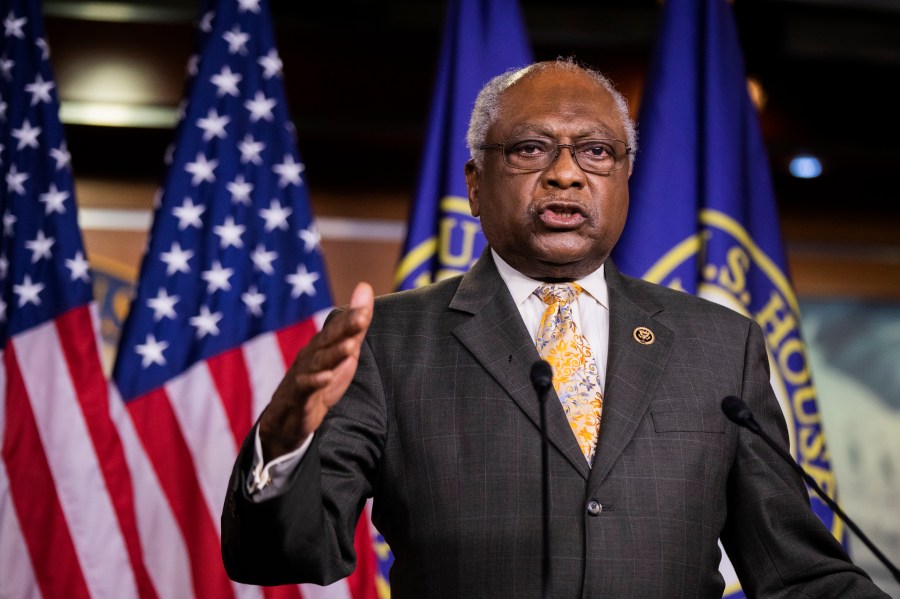
“The quickest ways to overcome poverty in this country are through education and homeownership. The denial of these benefits to Black veterans returning home from service has impacted the accumulation of generational wealth for Black families across the country,” Clyburn said. “We must restore the possibility of full economic mobility and the promise of the original G.I. Bill to all impacted by these discriminatory federal practices. This legislation will honor that commitment.”
Sponsors of the new effort are already working on a compromise to present to the Republican-led Congress. That compromise would include low-interest home loans for any descendant, regardless of race, whose ancestors did not receive housing assistance.
Dr. Antipas Harris is on the front line of a war that is very different from the one his grandfather fought. His Urban Renewal Center is taking on crime and other issues, which are inextricably linked to poverty.
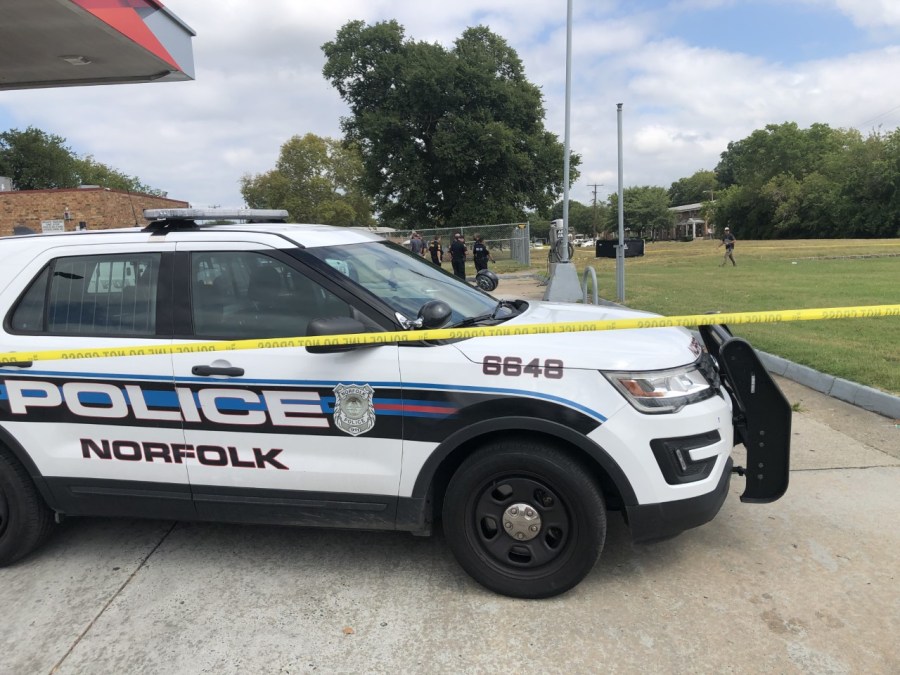
“Many of them (the people he serves) come from generational poverty, broken homes and families that don’t have economic mobility,” Harris said. “We know in the African American community, we have ten times less the amount of money in the White community. That impacts everything it impacts the type of wealth that is in the Black community and the upward mobility of the African American community.
“To have accessibility, you can’t get money if you don’t have money. That limitation coming out of World War II profoundly impacted the African American community.”






























